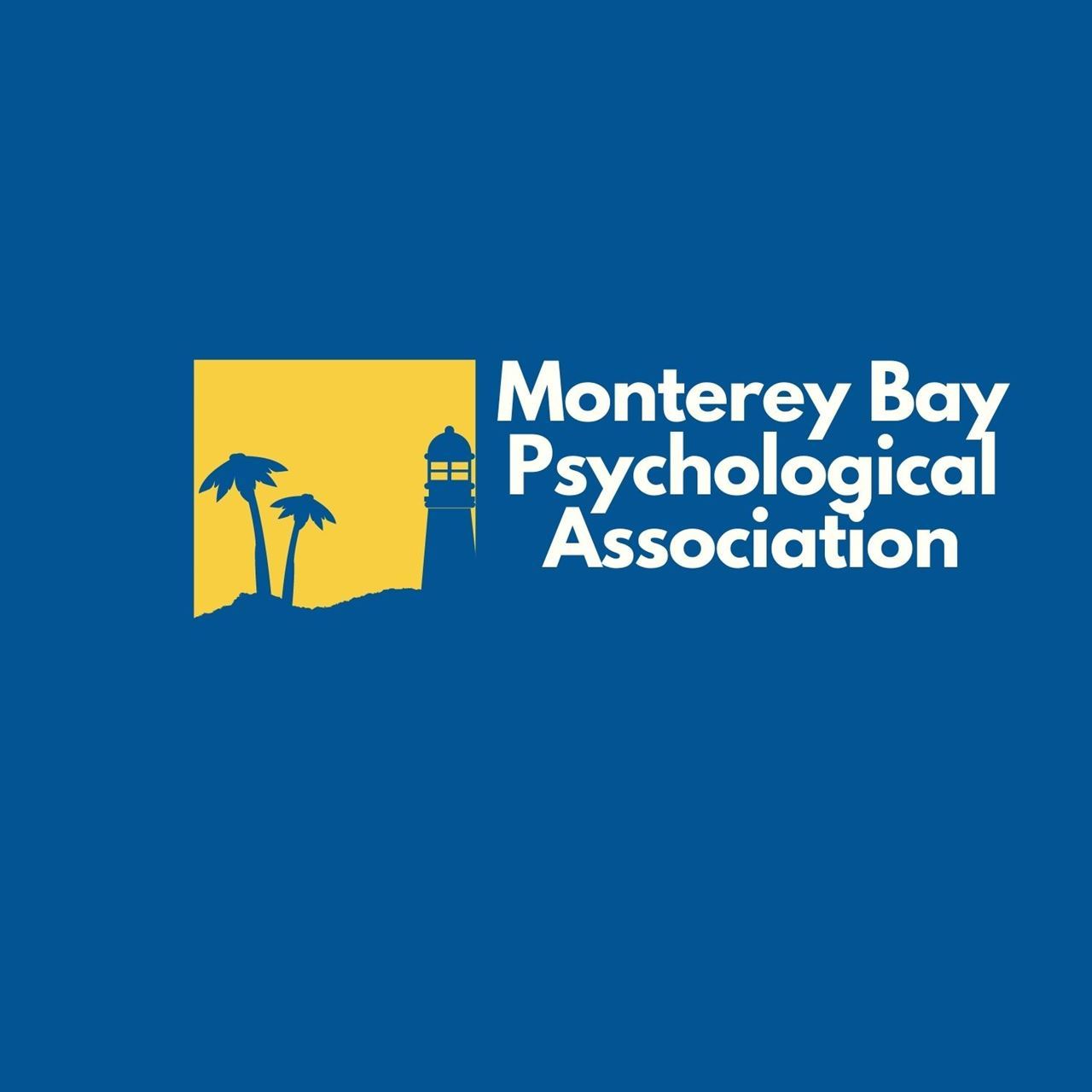
Understanding Frailty and
Cognitive Impairment in Older Adults
Friday, June 24th @ 12:30 – 2:00 PM, 1.5CE
Via Zoom Webinar, Presented by Ni Sun-Suslow, PhD
Co-Sponsored by MBPA and CPA
Course Description
Individuals aged 65 and older are estimated to comprise 20% of the US population in the next decade, making preservation of independence and improving overall quality of life in this rapidly aging population an essential focus of research and clinical work. Frailty is most widely accepted as a common physiological syndrome characterized by decreased reserve and diminished resistance to stressors, resulting in a cumulative decline across multiple physiological systems and causing vulnerability to adverse outcomes. Importantly, frailty has increased prevalence with advanced age and carries an increased risk for adverse health outcomes, including depression, decreased ability for self-care, poorer quality of life, and mortality. Frailty is also independently linked to cognitive impairment, a robust contributor to decreased independence and poorer quality of life. In fact, frailty predicts increased cognitive decline as well as incident dementia.
This workshop is intended to provide an overview of the relationship between frailty and cognitive impairment in older adults. Providers will learn how to recognize and assess frailty symptoms, and know when and who to refer to when they suspect frailty and/or cognitive impairment in their clients/patients.
Course Objectives
After the webinar, participants will be able to:
1. Describe the theoretical definition of frailty and list two of the most widely used operational definitions of frailty.
2. Describe three ways in which frailty relates to cognition in older adults.
3. Assess the frailty symptoms using the Fried Phenotype and apply this within a clinical setting.
4. Demonstrate knowledge of when and who to refer clients/patients to when suspect of frailty and/or cognitive impairment.
Fees MBPA Members Free
Non-Members $25
CPA is co-sponsoring with MBPA. The California Psychological Association is approved by the American Psychological Association to sponsor continuing education for psychologists. CPA maintains responsibility for this program and its contents. Important Notice: Those who attend the workshop and complete the CPA evaluation forms will receive1.5 continuing education credits. Please note that APA CE rules require that we give credit only to those who attend the entire workshop. Those arriving more than 15 minutes after the start time or leaving before the workshop is completed will not receive CE credits.

